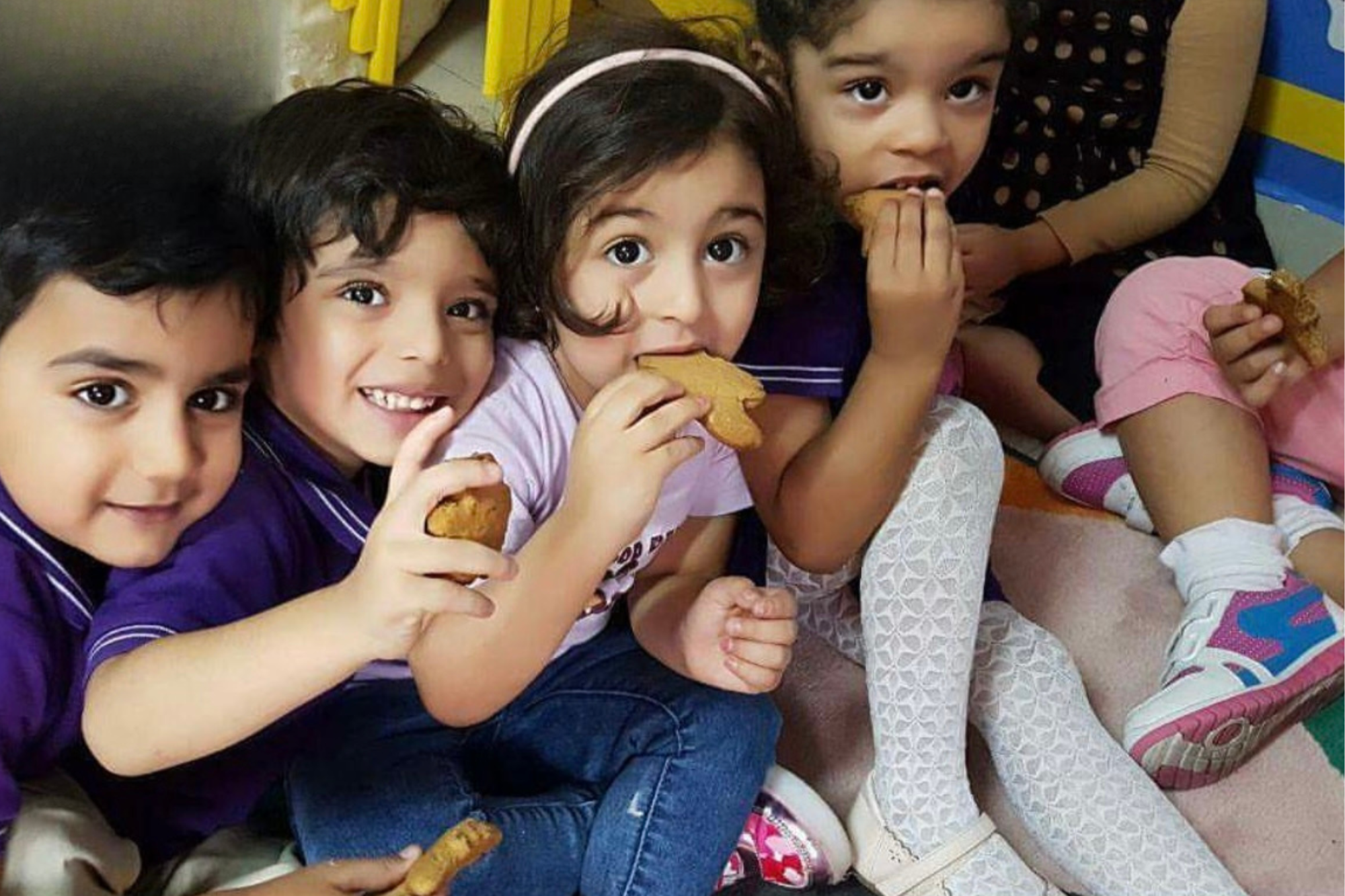



In the vibrant world of kindergarten, where curiosity knows no bounds and energy levels soar, the importance of healthy eating cannot be emphasized enough. As parents and educators, we have a unique opportunity to instill in young minds the value of nourishing their bodies while also honoring Islamic etiquettes. Let’s delve into the enriching journey of healthy food choices intertwined with Islamic values:
Incorporating Islamic etiquettes into mealtimes adds a spiritual dimension to the act of eating, transforming it into a mindful and gratitude-filled experience. Before diving into their meals, encourage kindergarteners to say “Bismillah” (In the name of Allah), acknowledging the blessings of food and seeking Allah’s blessings upon it.This simple act of remembrance fosters mindfulness and gratitude, instilling in children a deeper appreciation for the sustenance provided to them.
Conclusion: A Balanced Approach
In conclusion, teaching kindergarteners about healthy eating goes beyond just nourishing their bodies; it’s about instilling in them lifelong habits that promote physical, mental, and spiritual well-being. By integrating Islamic etiquettes into mealtimes and emphasizing the importance of nutritious food choices, we empower children to make informed decisions about their health while fostering a deeper connection to their faith. Through this holistic approach to nutrition and spirituality, we equip kindergarteners with the tools they need to thrive and flourish in all aspects of their lives.
Get in touch with us for admissions, inquiries, and visits. We’re here to assist you!
British Islamic Nursery in Sharjah offers a safe, nurturing, and Islamic-values-based early learning experience.
Copyright © 2025 British Islamic Nursery. All Rights Reserved.
Designed & Developed by QTC Infotech.